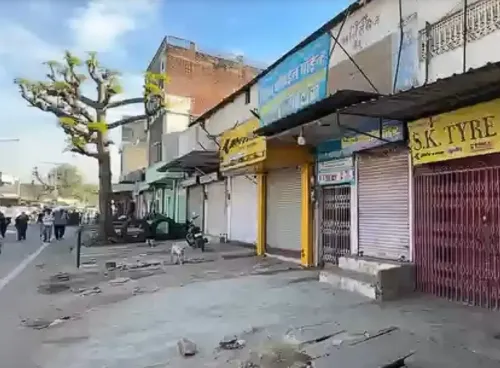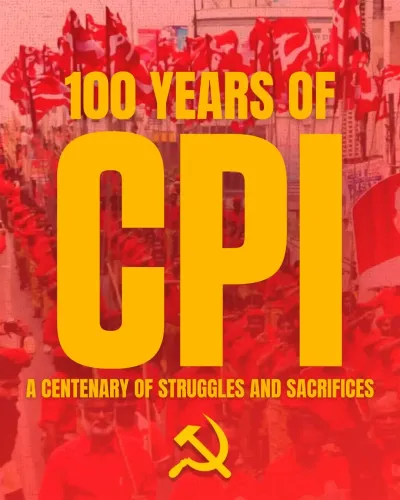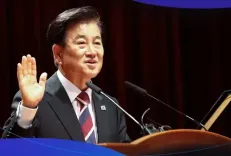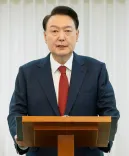Is it the Canadian government's duty to tackle security threats? MEA comments on Khalistani risks to Indian consulates
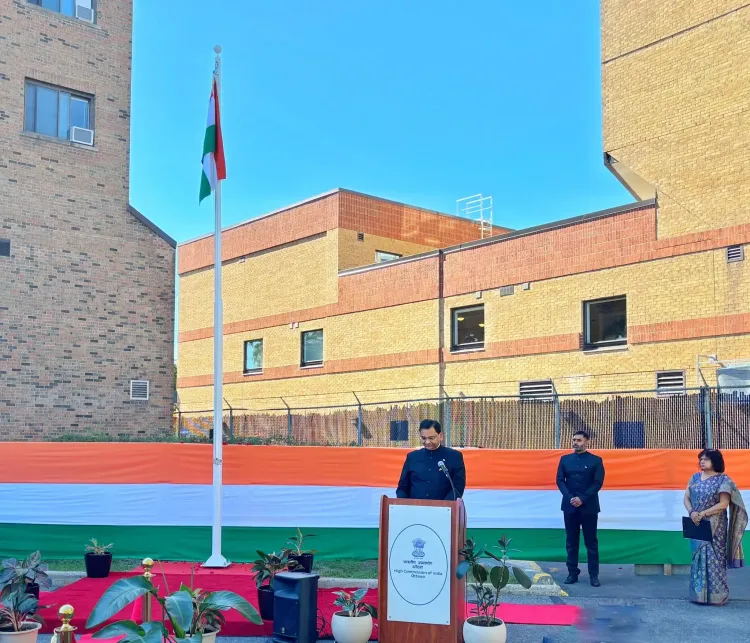
Synopsis
Key Takeaways
- MEA emphasizes Canadian responsibility for diplomatic security.
- High-level discussions between national security advisors indicate ongoing diplomatic engagement.
- Appointment of new High Commissioner signifies attempts to mend ties.
- India's firm stance against allegations marks a critical diplomatic moment.
- Revival of mechanisms aims to enhance bilateral relations.
New Delhi, Sep 19 (NationPress) In a robust response to the escalating Khalistani threats directed at Indian diplomatic missions in Canada, particularly the Indian Consulate in Vancouver, the Ministry of External Affairs (MEA) emphasized on Friday that ensuring security lies with the Canadian government whenever concerns arise.
MEA spokesperson Randhir Jaiswal stated during a weekly media briefing, "The responsibility rests with the Canadian government or the host government where we operate our diplomatic missions to ensure security in the face of any threats. We engage with the relevant authorities, in this instance, Canada, to secure adequate protection for our diplomatic establishments."
This statement followed discussions held on Thursday between the National Security Advisors from both nations as part of their ongoing bilateral security consultations.
Jaiswal noted, "The NSA of Canada held talks with our National Security Advisor on the 18th, which was part of the regular bilateral security discussions that occur between our two countries. It also provided an opportunity to follow up on earlier discussions held by Prime Minister Modi and Prime Minister Carney during the G7 meeting in Kananaskis, Alberta, Canada."
During the G7 Summit, PM Modi and Carney aimed to mend the frayed relations between the nations. Foreign Secretary Vikram Misri characterized their discussions on June 18 as "very positive and constructive." Both leaders agreed to reinstate High Commissioners in each other’s capitals promptly.
The two countries also committed to revitalizing senior and working-level mechanisms across various sectors, including trade and connectivity, aiming to foster stronger ties.
Last month, India appointed Dinesh K Patnaik, formerly India’s Ambassador to Spain, as the new High Commissioner to Canada, marking a significant step after more than 10 months since New Delhi recalled its previous High Commissioner due to perceived hostilities from then-Prime Minister Justin Trudeau.
India had previously withdrawn High Commissioner Sanjay Kumar Verma in October 2014, citing a climate of extremism and violence during Trudeau's administration.
The relationship between India and Canada deteriorated further after Trudeau asserted in Parliament that there were "credible allegations" regarding India’s involvement in the killing of Khalistani terrorist Hardeep Singh Nijjar.
The diplomatic rift intensified when Canada identified India's High Commissioner and other diplomats as "persons of interest" in the Nijjar investigation.
India firmly rejected these allegations, labeling them as "absurd" and "motivated," while accusing Ottawa of harboring extremist and anti-India factions.
IANS


